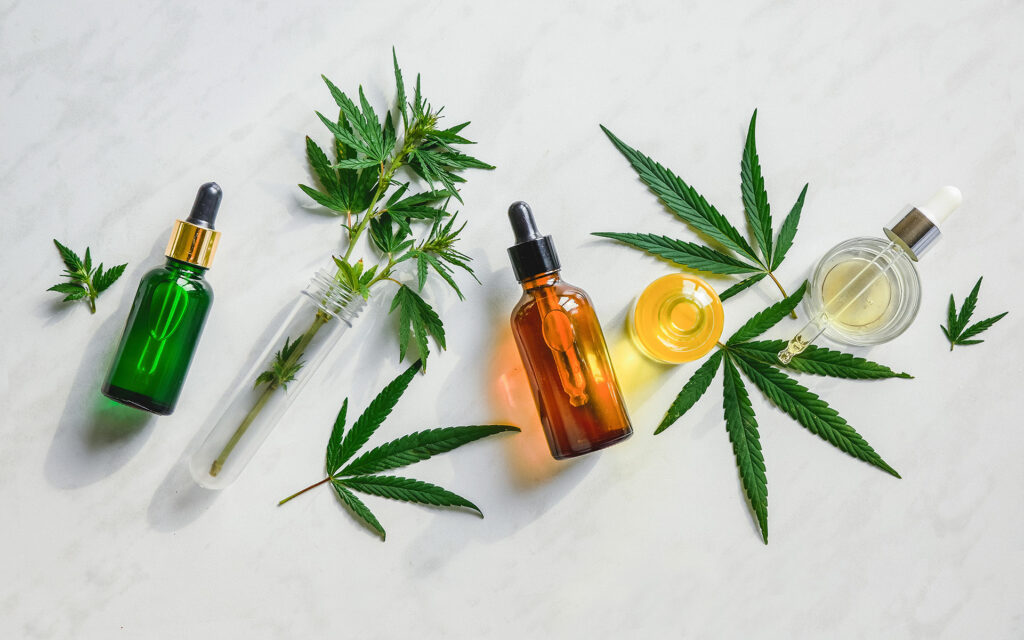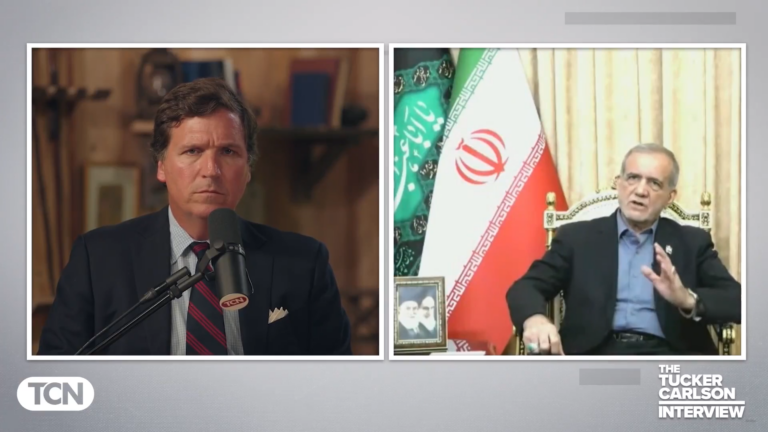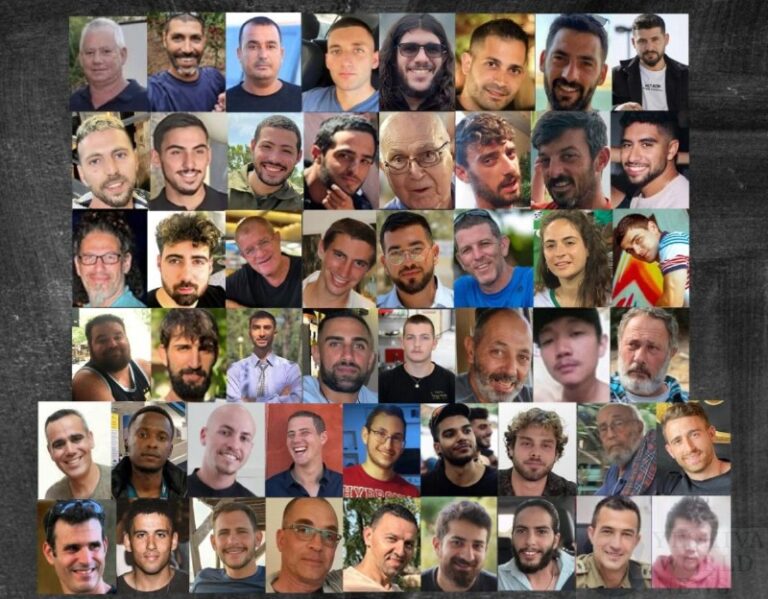Cannabidiol (CBD) has taken the world by storm after misconceptions have been resolved and lawmakers can distinguish the differences between CBD and other cannabis products. Adults who use the product say that it has treated a number of ailments for them, from anxiety to pain relief to acne. But what about giving it to kids?
There’s an attitude among CBD users stating that CBD is safe for kids and can be used to help them with a number of health and wellness ailments as well. There are tons of resources for educating parents on CBD if you wish to learn more about the benefits, side effects, and warnings. Ultimately, before you give CBD to your kids, here are a few things to know.
1. CBD is used to treat epilepsy in children.
The first-ever CBD-based drug, Epidiolex, is designed to treat severe epilepsy conditions commonly seen in children, such as Dravet syndrome. There are also countless stories of parents administering CBD oil to treat seizures with incredible success.
2. CBD doesn’t contain THC.
There are many misconceptions out there, some of the most common being that CBD, THC, and marijuana are basically the same. However, CBD sold online legally in the United States must contain less than 0.3 percent THC. Most strains contain no CBD at all; therefore, your child can’t get high from taking CBD.
3. CBD oil may offer many benefits for health and wellness.
A few studies and plenty of anecdotes from users have demonstrated that CBD could be beneficial in treating the following health issues:
· Anxiety disorders
· Depression
· Pain
· ADHD
· Autism and sensory spectrum disorders
· Epilepsy (particularly severe cases that affect children)
· Inflammation
· Skin conditions like eczema
4. There’s little, but promising research on CBD.
The above list of benefits of using CBD, along with others that you may have heard elsewhere, are primarily claimed by those who have tried CBD and loved it. This offers promise in its own right because that’s where research starts. However, it will be a few years before most of these benefits are definitively proved through clinical studies.
That being said, there is one proven benefit of using CBD for children with epilepsy. The FDA recently approved the first ever CBD-based drug called Epidiolex, which is used to treat seizures and epilepsy. It’s most commonly used to treat Dravet syndrome, a severe form of epilepsy in children.
5. CBD oil is not cheap.
Unlike many popular alternative medicine trends, the best CBD oil is not cheap. It can cost families several hundred dollars per month to stay fully stocked in CBD because of the complex nature of growing and processing CBD. It won’t be covered by health insurance, either.
However, it can be more affordable than many prescriptions, and many families find that it’s well worth the cost for the improvements they see in their children. You just have to decide if the cost is justifiable for you.
6. Families have moved to access CBD.
Now, CBD is available online with a THC content less than 0.3 percent across the United States, but that wasn’t the case a few years ago. When CBD was only legal in states where all medical cannabis products were legal, some families had to relocate across state lines just to access the medication they needed for their children. It was a huge sacrifice for them, but one they found worthwhile for the product.
7. It can be risky to buy CBD online—be caution!
There are many reputable CBD brands online, but others are not as ethical. Because of the lack of regulation in the industry, it’s not uncommon to come across a CBD company that sells CBD products containing lower than the advertised dose of CBD. It may also contain other contaminants or products that you don’t want to give to your children.
Only purchase CBD online from a reputable company. Sometimes, that means going with a big-name brand and other times it means finding a lesser-known company that prioritizes quality. Overall, never purchase a CBD product without first reading the third-party lab report that states the CBD you’re buying is properly advertised.
8. There are many CBD edibles kids can try.
Even picky eaters don’t mind the edible CBD products out there. Some of the most popular are gummies, chocolates, truffles, breakfast cereals, and sweetened beverages. They’ll likely tolerate these sweetened forms of CBD better than oil droppers.
9. Some doctors are pro-CBD and can offer great medical advice.
If you’re still unsure if CBD is right for your family, seek medical advice from someone who is familiar with CBD. You can start with your family doctor but recognize that many doctors are unfamiliar with such a new product, and you may need to seek counsel online or in a state where cannabis products are used more freely.
10. CBD could treat autism spectrum disorders.
Several studies are being conducted to see how CBD can help soothe those with sensory disorders and those on the autism spectrum. One study showed significant improvements in preventing self-injury, rage attacks, hyperactivity symptoms, and sleep problems in more than two thirds of patients.
It also showed that it improved anxiety in patients 47 percent of the time. However, there were several cases in which symptoms worsened after a patient was given CBD, so it might not be right for your child.
11. Be careful who you tell.
Parents shouldn’t have to keep secrets when they’re doing what’s best for their children, but sometimes it’s necessary. Other parents may not fully understand why you choose to give your child CBD. Many don’t know that CBD is typically harmless and helpful for children. They might shame you for it—or worse, call child protective services.
There have been many instances of CPS responding to reports of CBD being administered to children. If your CBD is legally purchased, there’s not much they can do about it, but you’d hate to have a CPS agent show up at your door!
12. Not all kids need CBD.
CBD is not an essential oil that should be administered as needed. It’s a medical treatment that should be used for specific ailments; therefore, not all kids need CBD.
Side effects are minimal for those who use CBD at the right dose, but it can cause nausea, light headedness, and dizziness. It’s best to only give it to a child that could truly benefit from its use.











